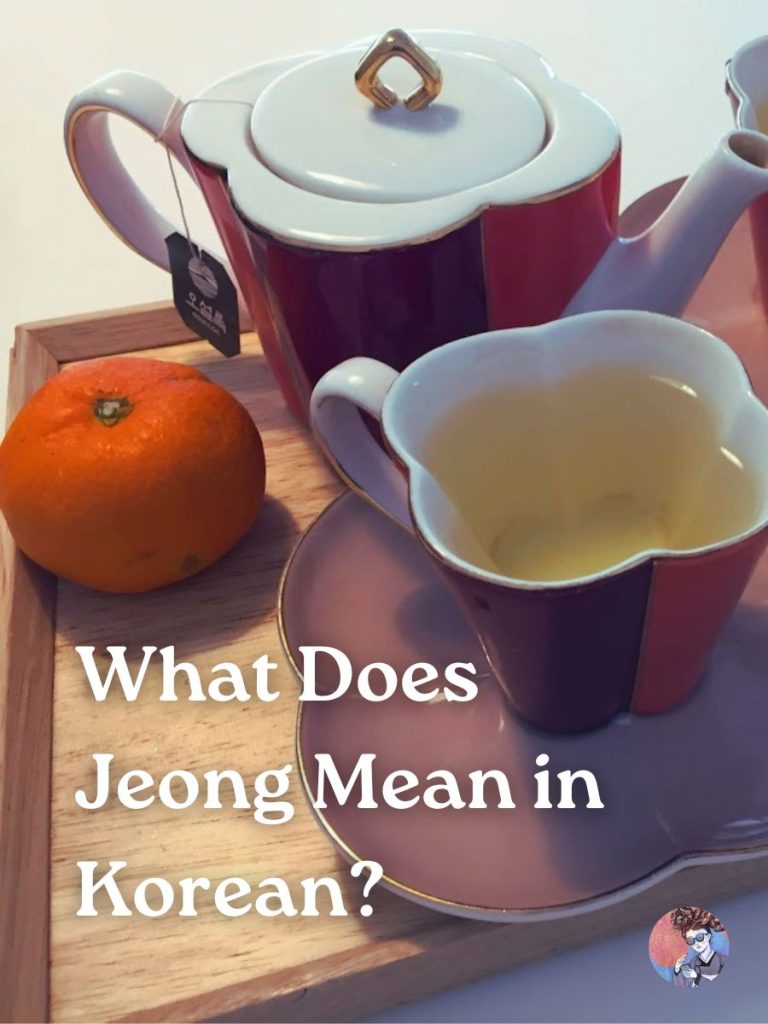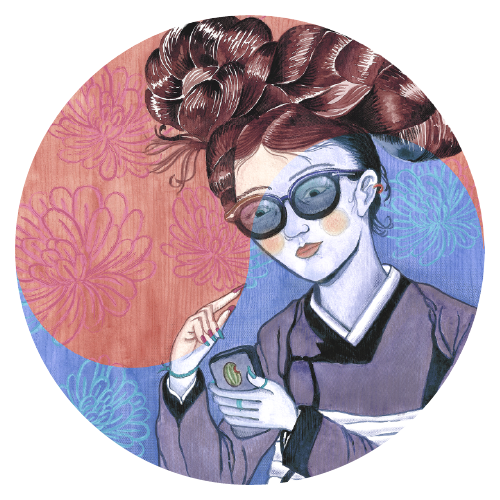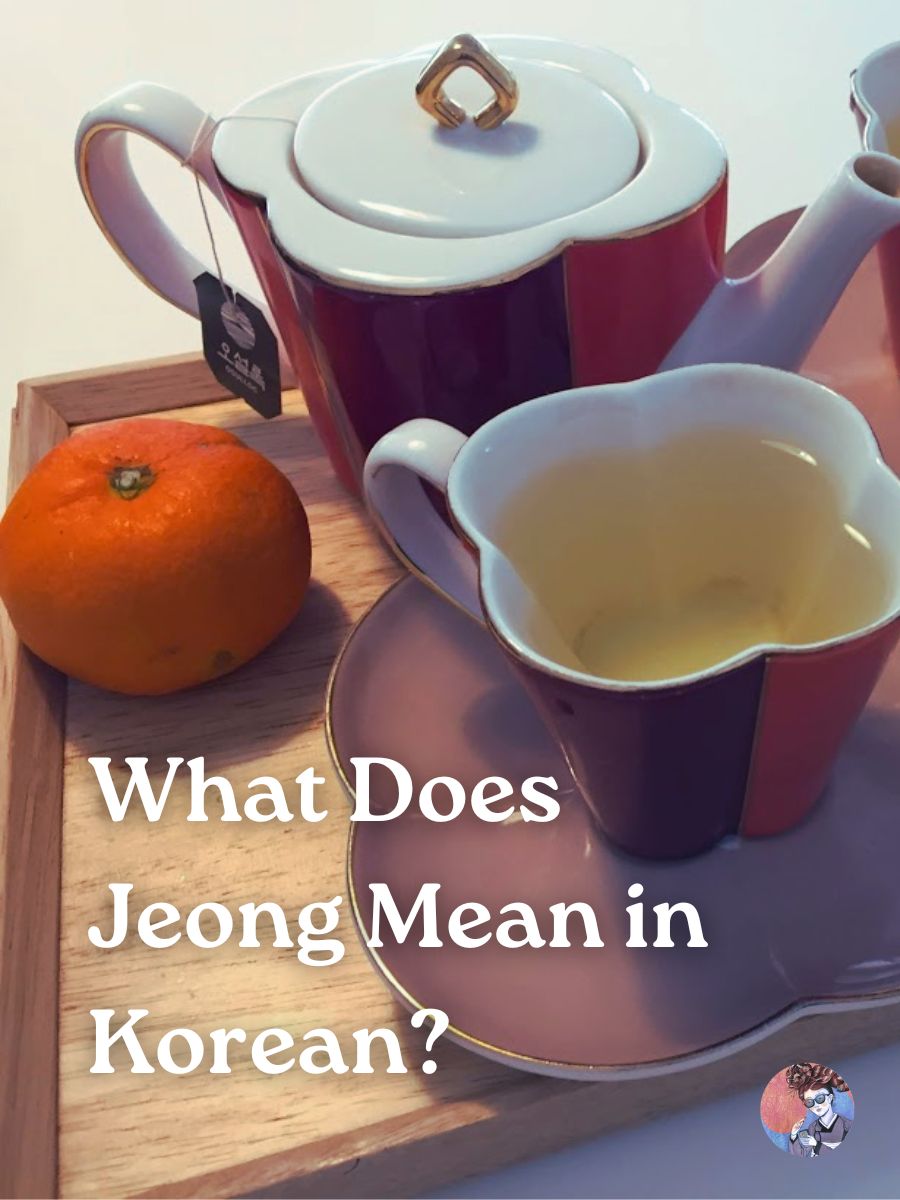
Want to learn what Jeong means in Korean?
I’m a Korean girl and here to explain things!
Quick Summary
- Jeong is a Korean concept that means deep emotional bonds and connections between people, things, or even places.
- Acts of jeong can be seen in South Korea, such as sharing food, helping a neighbor, or showing concern for someone’s well-being.
Definition of Jeong
Jeong is an emotional and psychological bond that refers to a sense of affection, compassion, sympathy, warmth, attachment, and bonding.
It develops naturally between individuals, and your jeong with places or things grows over time.
Jeong is accompanied by altruistic giving (whether it’s material or psychological) without expecting anything in return.
Types of Jeong
Jeong can be experienced between family, friends, colleagues, and even neighbors.
As a deep-rooted emotional connection, jeong can be:
- Aejeong: This form of jeong is related to love and affection, often in romantic relationships. This deep emotional bond develops between partners over time.
- Ujeong: Ujeong refers to the jeong shared among friends. It’s about loyalty, trust, and a strong sense of camaraderie. This friendship creates supportive relationships.
- Injeong: Injeong is the compassion for humanity and kindness shared between people. It highlights empathy, often seen in acts of kindness toward strangers or acquaintances.
- Dongjeong: Dongjeong refers to sympathy felt towards others. It involves understanding and sharing the feelings of someone who is suffering or in need.
Acts of Jeong
Acts of jeong can be seen in South Korea, such as sharing food, helping a neighbor, or showing concern for someone’s well-being.
Koreans also use jeong in sentences, such as:
- dajeonghada (다정하다): (someone is) warmhearted and kind
- jeongi deulda (정이 들다): (you) grow fond of or develop an affection for (someone or something)
- jeong tteoreojida (정 떨어지다): (you) are put off by or got the ick with (someone or something)
- miun jeong (미운 정): affection based on negative feelings
- goun jeong (고운 정): affection based on positive feelings
- jeong eopda (정 없다): so cold (or too formal)
Conclusion
Jeong is a quintessential Korean concept that represents deep emotional bonds and connections between people, things, and places.

